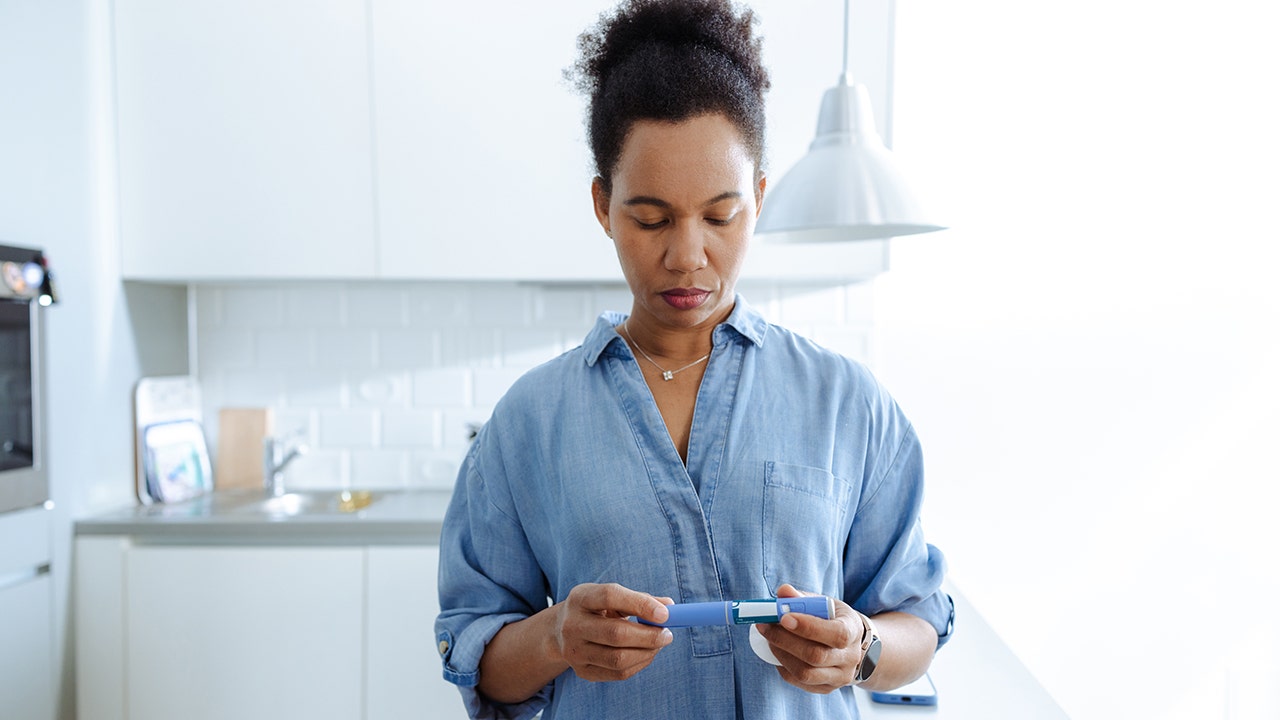
Founding father and long-time Philly resident Ben Franklin put it this way: an ounce of prevention is worth a pound of cure. Those words, published nearly 300 years ago, are as relevant today as when they first appeared in 1736 in Franklin’s newspaper, The Pennsylvania Gazette. Now, as the health department celebrates National Women’s Health Week, we take a page from Franklin and his Gazette and use his words to highlight the benefits of preventive healthcare for women.
Preventive healthcare focuses on measures that can be taken to help prevent disease and health problems before they occur. A good example of that is vaccination. Today, during Women’s Health Care Week, we focus on human papillomavirus (HPV) and the HPV vaccine.
HPV vaccine
HPV is a virus that’s spread by skin-to-skin contact during sex. It’s the most common sexually transmitted infection in the U.S. and different strains of HPV are linked to most cervical cancers, as well as genital warts, and other health issues. Fortunately, there’s a vaccine that is very effective at preventing HPV infection, especially when someone is vaccinated before they become sexually active. Currently, the vaccine is one of only two approved preventive cancer vaccines.
Doctors recommend HPV vaccination around age 11, but anyone ages 9-26 can receive it. If someone is vaccinated before they are exposed to the virus, the HPV vaccine is 97% effective in preventing cervical cancer and cell changes that could lead to cancer. In addition, the American College of Obstetricians and Gynecologists says it’s almost 100% effective in preventing external genital warts. We encourage women to talk to their primary care doctor or gynecologist about the HPV vaccine.
Another preventive healthcare measure is screening, which is used to detect disease and other health problems early when they are most treatable. Screenings include colonoscopies for colorectal cancer, bone density tests for osteoporosis, and mammograms for breast cancer. Today our focus is on cervical cancer screening.
Cervical Cancer Screenings
Cervical cancer screening includes cervical Pap tests and testing for HPV. In both tests, cells are taken from the cervix and sent to a lab for testing. Cervical Pap tests are recommended starting at age 21, regardless of sexual activity, and then every 3-5 years depending on age.
More than 20% of cervical cancers are found in women over 65 but these cancers rarely occur in women who have been getting regular cervical cancer screening (American Cancer Society). Learn more about when and how often women should get cervical cancer screenings. Cervical Pap smears are offered free through City Health Centers.
Preventive healthcare could save your life. Do it for yourself. Do it for your loved ones. Just be sure to do it. Stay well Philadelphia.









 English (US) ·
English (US) ·